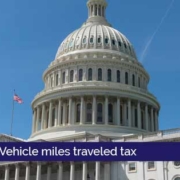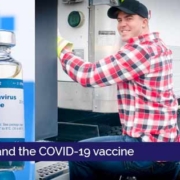Certain workers in Massachusetts will be eligible to schedule COVID-19 vaccine appointments as part of Phase 2, effective this coming Monday, March 22.
For a complete list of worker categories in this eligibility group, visit the Massachusetts government website related to vaccinations. This information is current as of Wednesday, March 17 and is subject to change.
Worker categories include, but are not limited to…
Food, meatpacking, beverage, agriculture, consumer goods, retail, or food service workers – All staff involved in the production, processing, storage, transport, wholesale and retail sale, preparation, and service of food and consumer goods, including farm and other agricultural workers, including farm stand and nurseries.
Medical supply chain workers – Workers directly involved in the manufacturing and production, packaging, transport, quality control, and sale of materials critical to the delivery of medical care.
Vaccine development workers – Workers directly involved in research, development, manufacturing and production, packaging, transport, quality control, and sale of vaccines (COVID-19 and others).
Transit/transportation workers – Drivers/operators, attendants, sales, administrators, maintenance staff, public and private bus, train/subway, passenger boat/ferries, passenger air, and automobile (including rental car, car service/limousine, taxi, and ride apps) transportation, bridge and road construction and maintenance workers, shipping port and terminal workers, commercial transportation.
Public works, water, wastewater, or utility workers – Utility: Electrical generation and supply system, natural gas delivery, nuclear power plant, water supply, telephone, cable/fiber optical/broadband/cellular service workers Public works including street repair, street lighting, public park, beach, and trail maintenance workers.
Sanitation workers – Drivers, solid waste handlers, recycling staff, street cleaners, sewer and storm water system workers
How to Schedule
Register in advance…
- Preregister at VaccineSignUp.mass.gov to be notified when it’s your turn to schedule an appointment at one of 7 mass vaccination locations: Fenway Park, Gillette Stadium, Reggie Lewis Center, DoubleTree Hotel in Danvers, Eastfield Mall in Springfield, Natick Mall and former Circuit City in Dartmouth.
or
- Use VaxFinder.mass.gov to search for appointments at pharmacies, health care providers, and other community locations
 TAM members are providing an amazing assist to Hope & Comfort by transporting one million bars of soap to various charity distribution centers around the Commonwealth. TAM member Hope & Comfort is the only organization in Boston solely dedicated to addressing youth hygiene insecurity, and has benefited greatly from the time and transport donated by our membership.
TAM members are providing an amazing assist to Hope & Comfort by transporting one million bars of soap to various charity distribution centers around the Commonwealth. TAM member Hope & Comfort is the only organization in Boston solely dedicated to addressing youth hygiene insecurity, and has benefited greatly from the time and transport donated by our membership.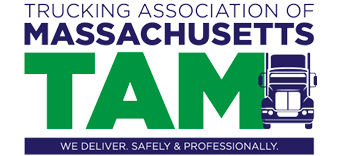

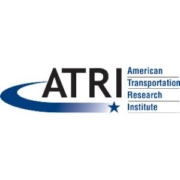
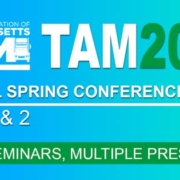

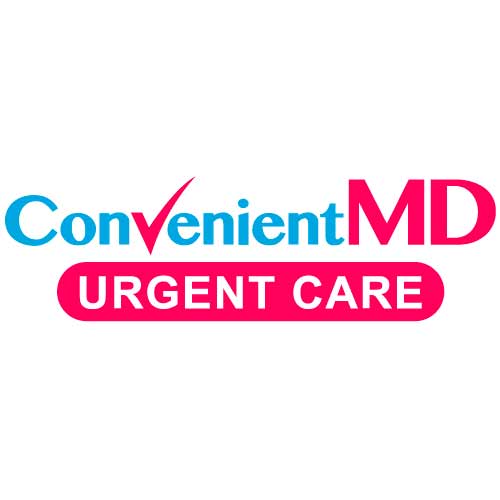 Headquartered in Portsmouth, NH,
Headquartered in Portsmouth, NH, 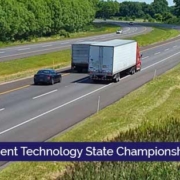
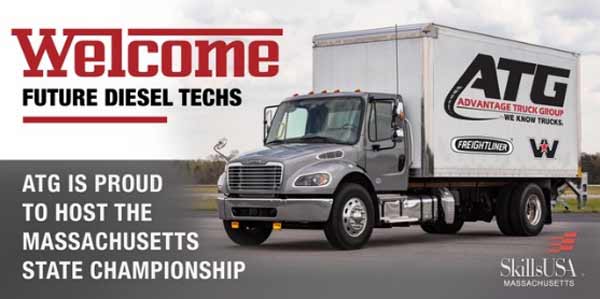 As part of its ongoing commitment to support training and workforce development,
As part of its ongoing commitment to support training and workforce development, 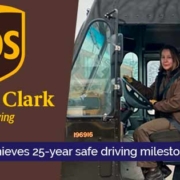
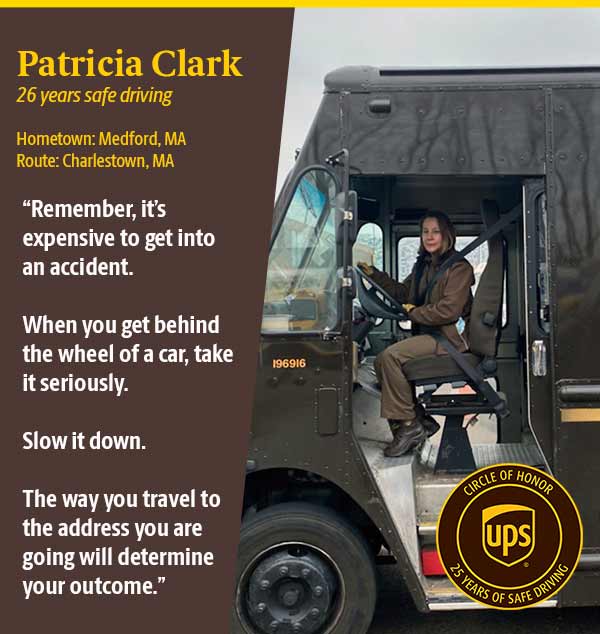
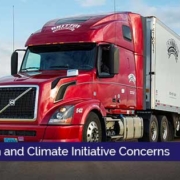
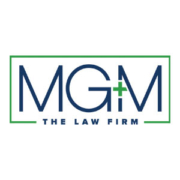
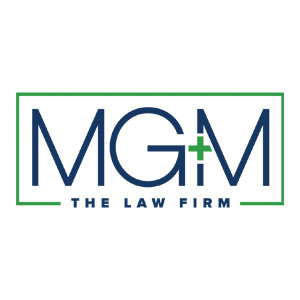 Founded in 1984,
Founded in 1984, 